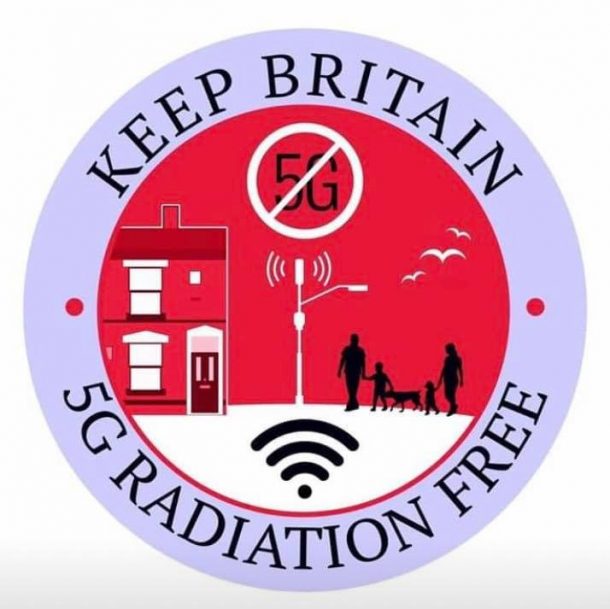
Boris Johnson is facing his first major Commons rebellion as a group of senior Conservatives mount a bid to ban Huawei from the UK’s 5G infrastructure by 2022.
Former Tory leader Sir Iain Duncan Smith and a group of senior MPs have tabled an amendment to legislation due in parliament on Tuesday, which would lock out “high-risk vendors” such as Huawei from the network by the end of 2022.
While Mr Johnson commands an 80-strong majority, the group – which includes former cabinet ministers David Davis, Damian Green and Owen Paterson – expects dozens of Tories to back it, potentially inflicting a defeat on the government.
It comes after the prime minister enraged critics of the Chinese telecoms giant by allowing the firm to build parts of the UK’s 5G network.
Donald Trump was said to be “apoplectic” with rage when Mr Johnson informed him of the decision, which Washington believes could pose a security threat due to the firm’s relationship with the Chinese government. Huawei has always strongly denied the allegations.
The group tabled an amendment to the Telecommunications Infrastructure (Leasehold Property) Bill ahead of a Commons vote on Tuesday.
If successful, the amendment would force the government to set a deadline of 31 December 2022 to end Huawei’s involvement and would prevent mobile phone operators from using equipment from other suppliers deemed high risk by the National Cyber Security Centre.
One MP involved told the Financial Timesthat as many as 40 Conservatives could back the rebels — while another told The Independent that the figure was likely to be lower but there was “a lot of concern” in Tory ranks.
Bob Seely, the Isle of Wight MP, said the group was trying to help the government over Huawei, as the UK has “got itself into a bit of a mess over this”.
He told The Independent: “It’s not about defeating the government but showing our concern. For everyone who is going to sign the amendment, there will be three people who are concerned and will talk to the whips.”
In a Commons debate this week, Sir Iain said the decision was “barking mad” and accused the government of being “driven by the fear” of being left behind other nations on technological advances.
He said: “Given that so many nations are saying no to Huawei, this should be an opportunity for us to prioritise national security over the breakneck speed with which the deployment of 5G is being pressed on us.”
Sir Iain compared the decision to allowing Nazi companies to develop British radar systems, saying: “Imagine that in 1939 we had been developing our radar systems and decided to have one of the Nazi companies in Germany directly involved.
“‘Oh, but we reduced their involvement to 35 per cent, so they only controlled 35 per cent.’ I wonder how ridiculous that would have seemed.”
Matt Warman, the digital minister, told MPs that the government’s long-term goal was to “reduce our reliance on high-risk vendors and a timetable must be contingent on diversification in the market”.
He said: “Successive western governments have failed to ensure that there is effective competition in the market, and we are faced with a very narrow choice of suppliers for these technologies.
“Through a strategy of market diversification, we will seek to attract global vendors and to ensure there are new entrants into the supply chain, and we will promote the adoption of open, interoperable standards.”
National security would “always be at the top of our priorities”, the minister added.


Recent Comments